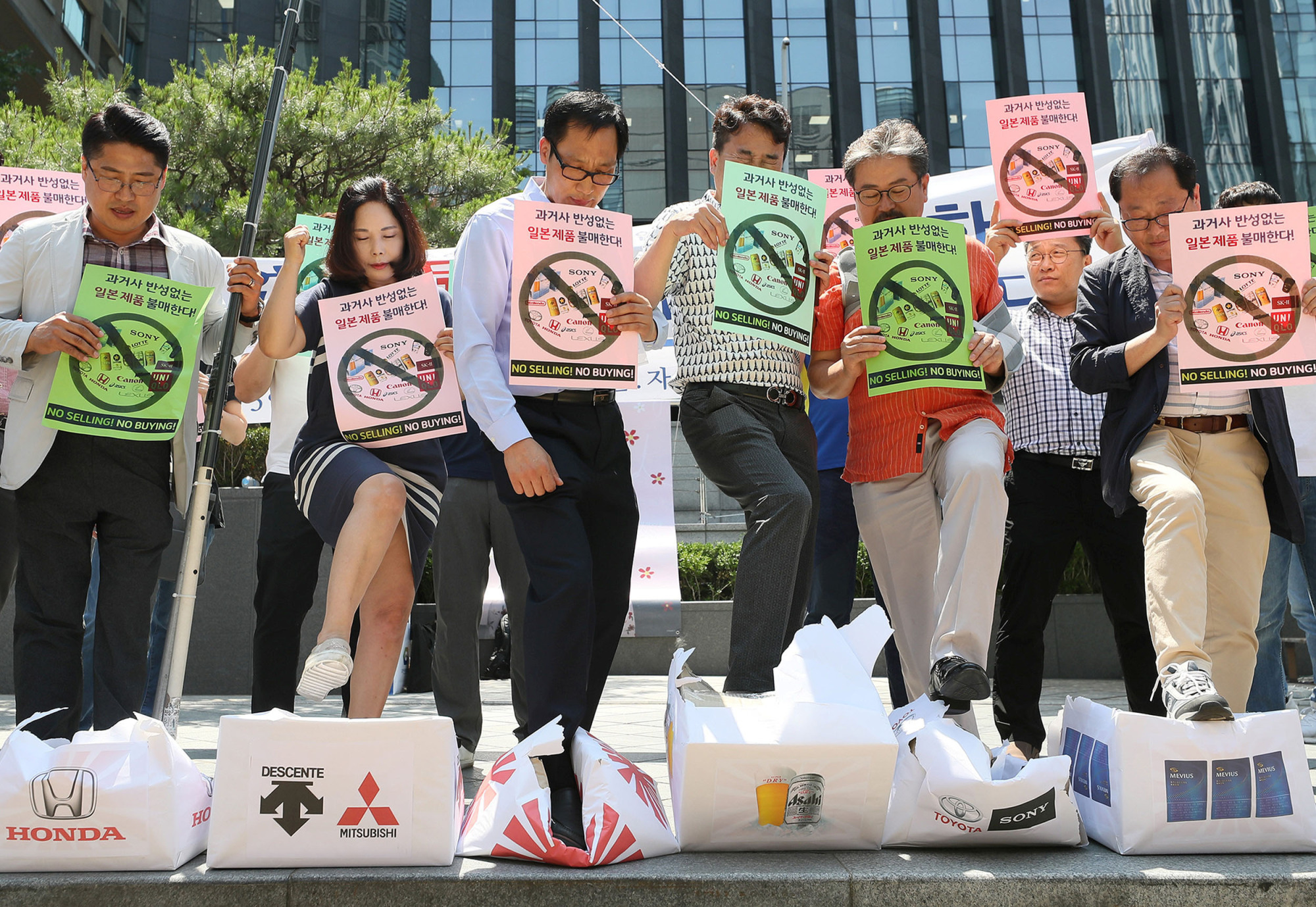On June 19, the South Korean government made Japan an interesting offer. It suggested that South Korean and Japanese companies set up a joint compensation fund through voluntary contributions. The fund would then be used to compensate those people deemed by the courts in an ongoing lawsuit to have been wartime forced laborers mobilized from the Korean Peninsula during World War II. Seoul made it clear that if Tokyo accepted its proposal, it would accede to Tokyo's request for diplomatic talks based on the 1965 treaty known as the Agreement on the Settlement of Problems Concerning Property and Claims and on Economic Co-operation between Japan and South Korea.
The Japanese government rejected the offer on the day it was made, and talks between the two countries once again reached an impasse.
The sudden proposal to set up a compensation fund is typical of the current South Korean government's handling of historical issues between South Korea and Japan. Seoul's policy is inconsistent. After the Supreme Court of Korea handed down its Oct. 30 judgment on conscripted factory workers, the South Korean government considered a bill for dealing with the decision, in which the most likely approach was the joint fund that it proposed last month. At the time, the Japanese government watched the progress of the bill with considerable interest.



















With your current subscription plan you can comment on stories. However, before writing your first comment, please create a display name in the Profile section of your subscriber account page.